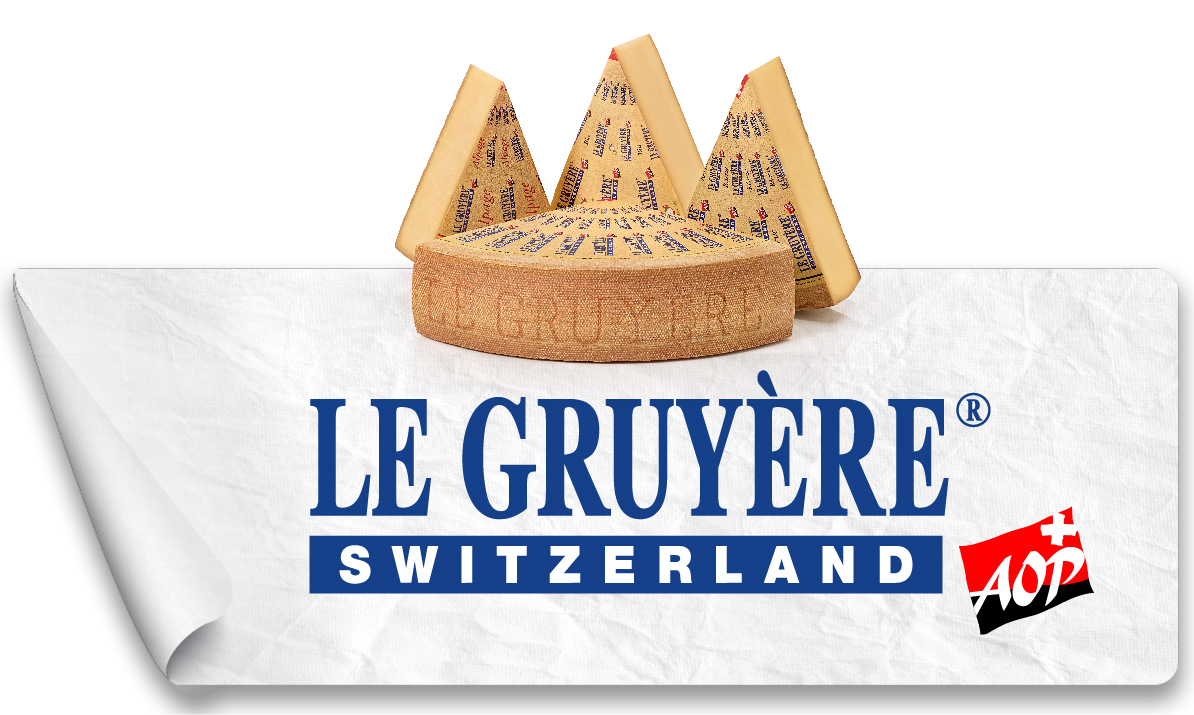



'Gruyere' deemed common food name not exclusive to Europe
A judicial ruling last week determined that 'gruyere' is a generic style of cheese that can be produced anywhere. According to the National Milk Producers Federation (NMPF), the decision reaffirms that all cheesemakers, not just those in France or Switzerland, can continue to create and market cheese under this common name.
The judicial decision was made public on 6 January. The Consortium for Common Food Names (CCFN), US Dairy Export Council (USDEC), National Milk Producers Federation (NMPF), and a coalition of other dairy stakeholders were all involved in the fight to preserve the ability of all actors in the US marketplace to use generic terms.
“Not only is this a landmark victory for American dairy farmers and cheese producers who offer gruyere, this win sets a vital precedent in the much larger, ongoing battle over food names in the United States,” said Jaime Castaneda, executive director for CCFN. “The European Union has tried for years to monopolize common names such as gruyere, parmesan, bologna or chateau. This verdict validates that we’re on the right path in our fight on behalf of American food and wine producers to preserve their ability to use long-established generic names.”
According to the Court’s decision, the arguments of the French and Swiss associations were “insufficient and unconvincing” and CCFN presented “overwhelming evidence that cheese purchasers in the United States understand the term gruyere to be a generic term which refers to a type of cheese without restriction as to where that cheese is produced.”
Meanwhile, Europe continues its efforts to stop the use of names that entered the public domain decades ago. French and Swiss gruyere associations launched the case in the hopes to register “Gruyere” as a certification mark in the United States. Certification would allow them to precent the use of the term by others in the US marketplace.

“French and Swiss gruyere producers already have access to the US market and the use of distinctive trademark logos,” noted Castaneda. “In fact, the Swiss association has already registered a logo certification mark with the USPTO for ‘Le Gruyère Switzerland AOC’ to help it uniquely brand Swiss gruyere. Despite this, both foreign associations appealed the USPTO’s ruling to the federal court last year.”
According to Le Gruyere makers, though, the cheese is protected by a Protected Designation of Origin (AOP) that recognizes a level of quality that is only granted to products that are deeply rooted in a region. It's that region that gives it its specific character and an inimitable flavour. According to Le Gruyere's website, the AOP label guarantees the authenticity of products made according to traditional know-how.
CCFN, USDEC, and NMPF said they support valid geographical indications (GIs) – compound names associated with specialised foods from regions throughout the world – when used in good faith rather than to establish unfair trade barriers to the sale of common name foods and beverages.


